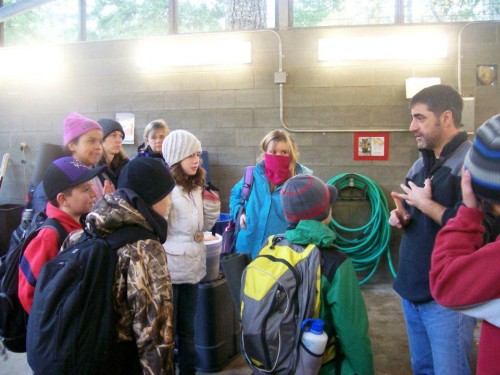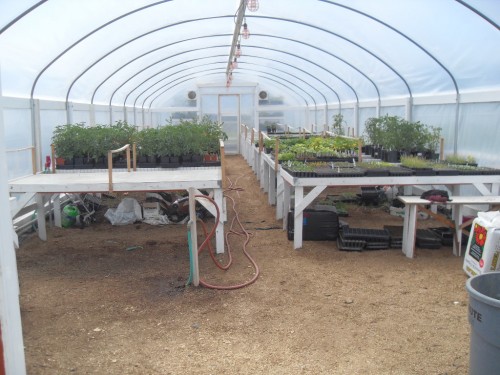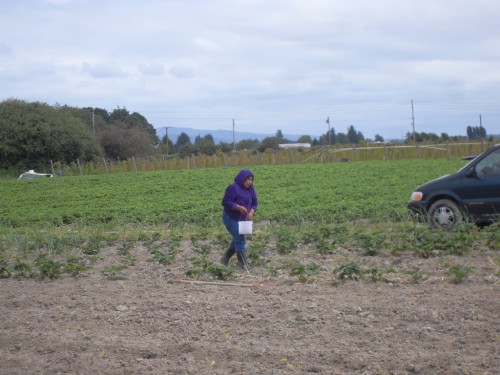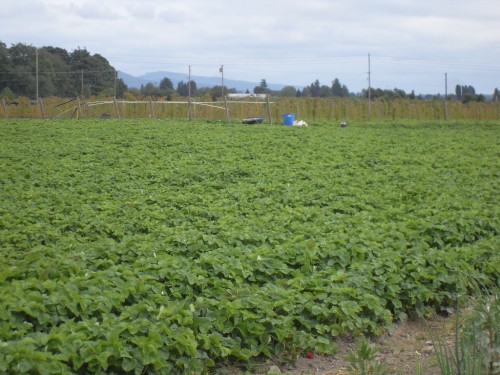Taking a Stance on Food

Before I begin, I want to remind all of my readers that my views are just that. Mine. They do not always match up with the North Cascades Institute or anybody else’s in the world for that matter. I just like to get people thinking. I love a good healthy conversation and flowing of ideas. Especially if it involves a campfire and s’mores!
I believe even though a person might not be directly responsible for global environmental degradation, they can bear some responsibility through their consumption, use, and purchases of goods and services. For that reason, we should clean up after ourselves properly. By this I mean that we should be responsible for the life of a product from the moment we purchase it until we finally dispose of it in an ethical way.
I also believe we are all part of nature and the environment and do not stand outside of it. I think we are part of the planetary cycle of life. Because all humans on earth must eat, the food that we grow, how it is grown, and how far it travels to get to our plates all have impacts on the greater environment.
We should all think about the carbon footprint our food leaves behind. This also includes not only the growth of the food itself, but also its packaging and transport. We might put that local cornucopia of fruits and vegetables in a box from China made from old growth timber from Alberta. Do we really need to jump in our cars to pick up that cucumber you forgot? Do we use hemp reusable grocery bags? What about the impacts of rubber production for the tires that our food rides on?
 One of the greenhouses at Viva Farms where starts are grown for transplant into the fields!
One of the greenhouses at Viva Farms where starts are grown for transplant into the fields!
Roughly ninety-five percent of waste is produced during manufacturing rather than post-consumer after it has passed through a person’s hands. It seems pointless to recycle disposables such as the old growth fruit box from Alberta when so much harm is done before we even get it.
Agricultural waste is a huge issue. It impacts our world greatly – from runoff polluting our water, to methane from cows and insecticides killing our bees.
We are also losing our farmers. They are getting older and retiring or cannot make a living. Big business is pushing them out and making it hard for small farms and ranches to make it.
 Adding amendments to the soil at Viva Farms.
Adding amendments to the soil at Viva Farms.
 A field of strawberries that are harvested for the Environmental Learning Center. Yum Yum!
A field of strawberries that are harvested for the Environmental Learning Center. Yum Yum!
Want to talk national security? What do we do if we cannot grow our own food? That is one reason I love buying from Viva Farms in Burlington, Washington. They are a non-profit, training and teaching new farmers and helping them get started. Viva Farms teaches ethical farming practices to a fast-growing and critical section of our county, showing them how to run farms, not just how to work on them.
Regardless of whether you agree with my personal beliefs or not, you should have an opinion on food. Ours here at the Institute is to be passionate about the life and process from which our food comes.
Leading photo of the author Shelby Slater giving a lesson on Foodsheds to Mountain School children this spring. Courtesy of Jess Newley.
All other photos courtesy of the author.

